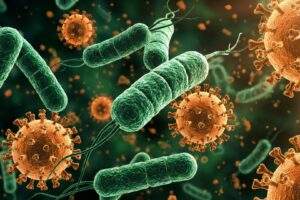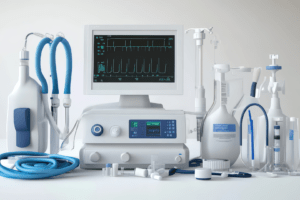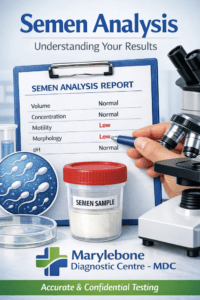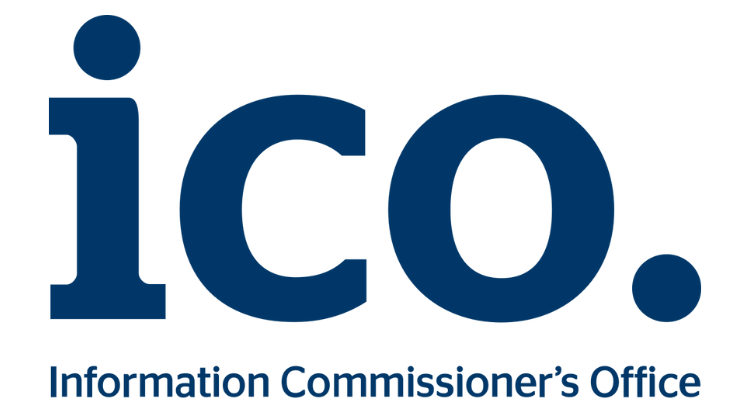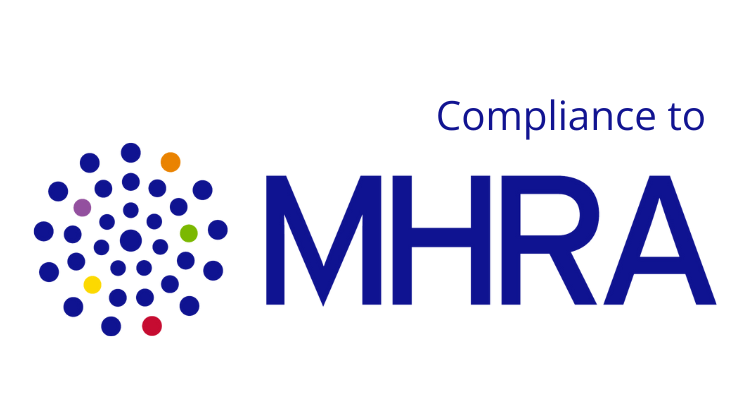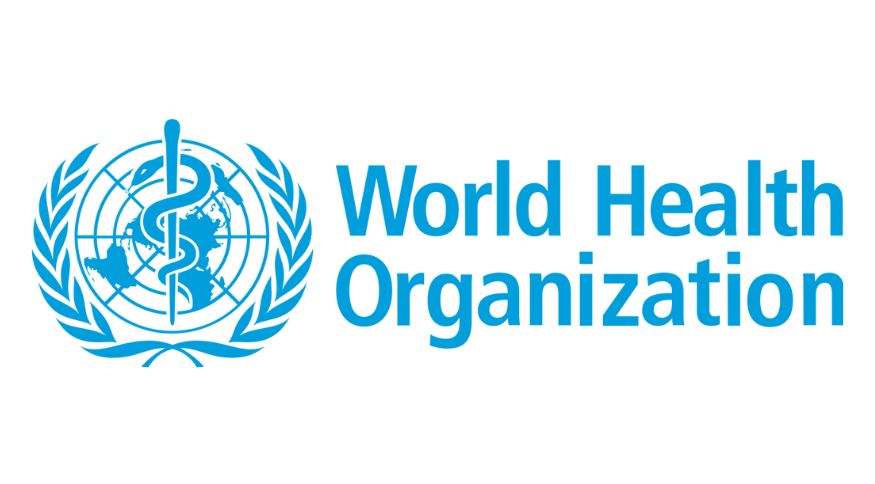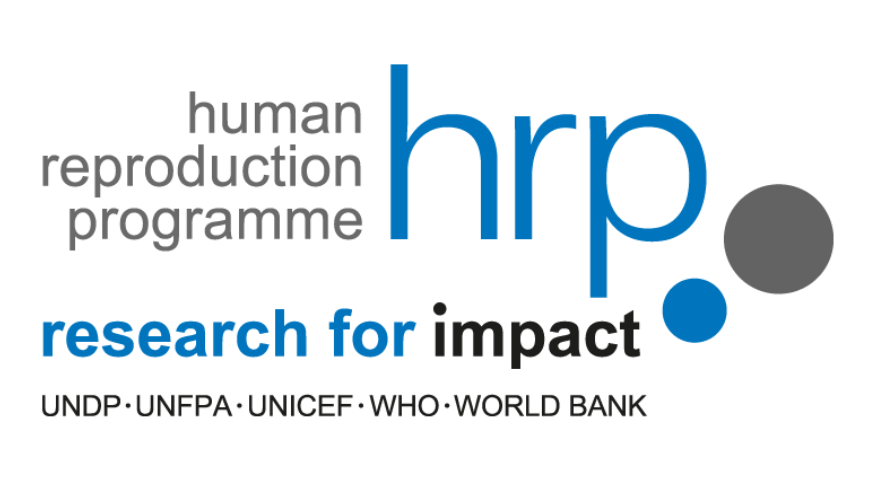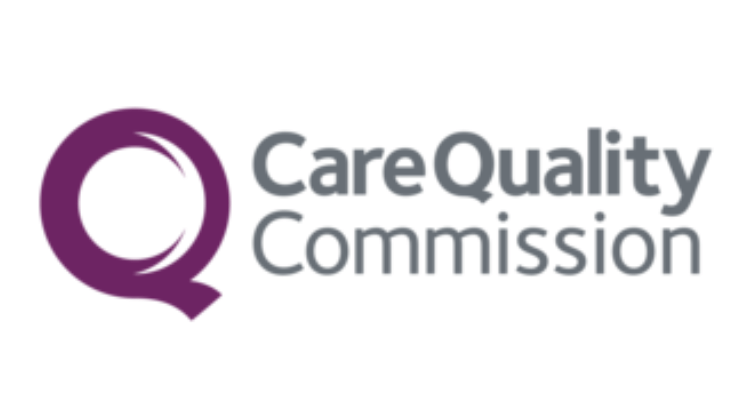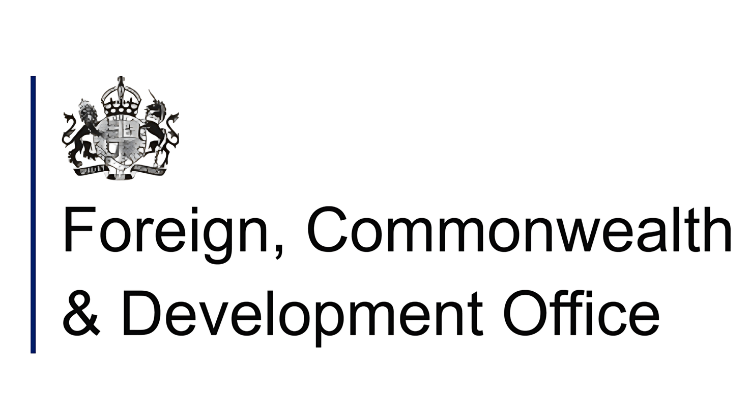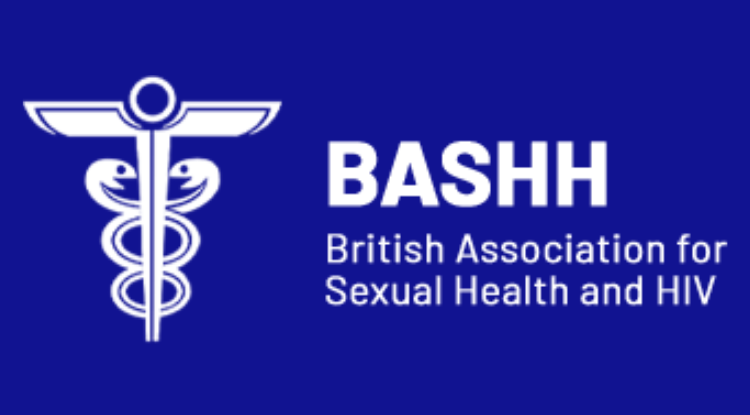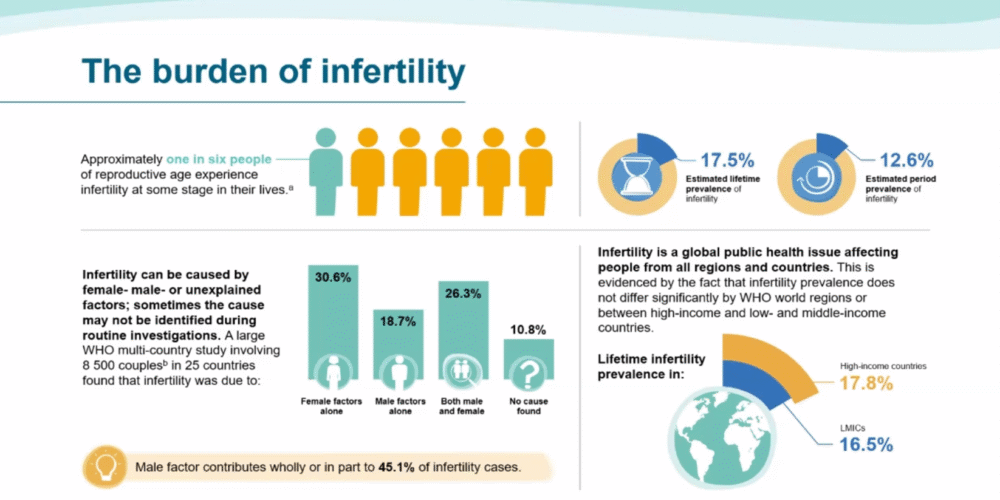
WHO Releases New 2025 Infertility Guideline – What It Means for Patients in London
The World Health Organization (WHO) has published its first global guideline on infertility (2025), and the findings are powerful. The document confirms that infertility affects one in six people worldwide, and it highlights major gaps in access, awareness, and early diagnosis. The guideline sets a new global standard for how infertility should be prevented, investigated, and treated.
At Marylebone Diagnostic Centre, we welcome this update. We already follow the evidence-based approach WHO recommends, and today we are sharing what the new guideline means for patients in London.
Understanding Infertility: WHO Confirms It Is a Disease
WHO has officially defined infertility as a disease of the reproductive system. It is not a weakness or a personal failure. It affects both men and women equally, although women often face more blame and social pressure.
This matches our philosophy at MDC. Every patient deserves compassionate, discreet, and non-judgemental care.
Key Point: Male Factor Infertility Is Common and Often Overlooked
The WHO guideline stresses that male-factor infertility has been historically neglected, even though men contribute to half of all cases.
At MDC, we provide a full suite of male fertility tests, including:
- Semen analysis (WHO standard)
- Semen photographs
- DNA fragmentation
- Male hormones (FSH, LH, Testosterone, Prolactin, SHBG)
- Infection screening
Our Advanced and Comprehensive Male Profiles follow this exact evidence-based pathway.
Female Fertility: Early Testing and Clear Diagnostic Steps
The WHO guideline recommends several key tests for women. These include:
Ovulation Assessment
Mid-luteal progesterone is recommended instead of early ultrasound scans.
Hormone Testing
FSH, LH, E2, Testosterone, TSH, and Prolactin should be used where clinically appropriate.
Ovarian Reserve
Age remains the strongest indicator. AMH or AFC can be used if needed.
Tubal Assessment
WHO recommends HSG or HyCoSy for suspected tubal disease.
INFERTILITY WHO
Uterine Cavity Testing
Saline Infusion Sonography (SIS) is preferred to 2D ultrasound.
We provide a full blood testing pathway and collaborate with trusted imaging partners for HyCoSy, SIS, and HSG.
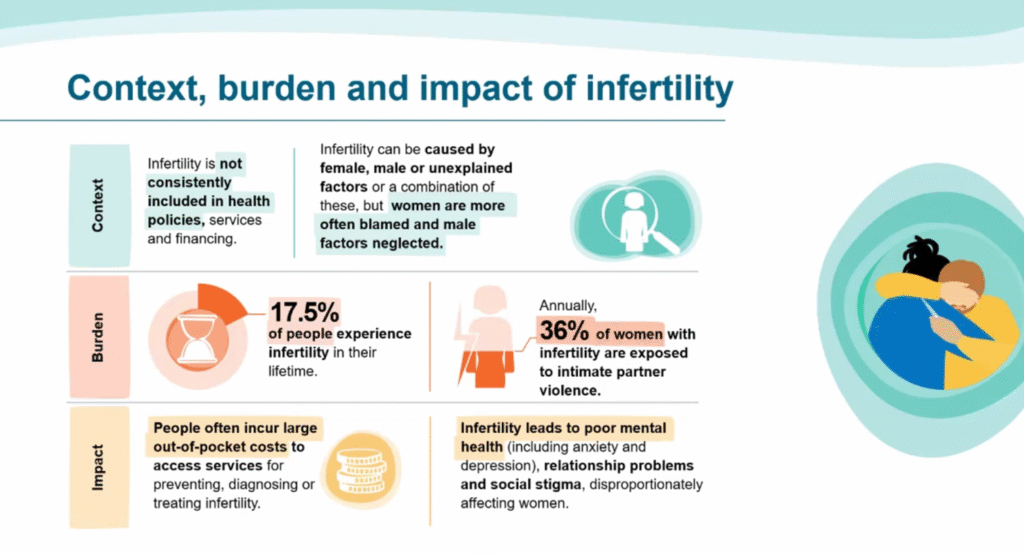
Lifestyle and Prevention: WHO Calls for Early Action
WHO emphasises that infertility prevention should begin before patients seek help.
WHO recommends:
- Stopping smoking
- Managing weight
- Improving diet and physical activity
- Testing and treating STIs early
At MDC, lifestyle is included in all fertility assessments. We also offer full sexual health testing, including chlamydia, gonorrhoea, HIV, hepatitis, and syphilis.
Mental and Emotional Health Matters
The guideline notes that infertility creates:
- Anxiety
- Depression
- Relationship strain
- Social stigma
Women are disproportionately affected.
Our team supports patients with a calm, private environment and optional clinician-led follow-up.
Male Testing: Repeat Semen Analysis Only If Needed
If a semen analysis shows an abnormal result, WHO says it should be repeated after 11 weeks.
If normal, no repeat is needed.
This matches our process exactly.
Diagnosis of Unexplained Infertility
The guideline states that unexplained infertility should only be diagnosed when:
- A couple has tried for 12 months
- Ovulation is confirmed
- Tubes are open
- Semen parameters are normal
MDC follows this evidence-based definition to avoid unnecessary costs and delays.
WHO’s Three-Part Model for Improving Fertility Care
The guideline stresses that all countries should:
Prevent infertility
Through education on age, lifestyle, smoking, and STIs.
Diagnose infertility early
Using clear, cost-effective tests for men and women.
Treat infertility holistically
With medical support and psychosocial care.
MDC already operates under this model.
Why Choose Marylebone Diagnostic Centre?
- Results within 24 – 42 hours
- WHO-standard testing
- Private suites and discreet care
- Doctor review available
- Central London location (5 minutes from Baker Street tube)
- Evidence-based testing aligned with WHO, 2025
We support both individual patients and couples trying to conceive.
Book Your Fertility Tests Today
Whether you are starting your journey or seeking answers after months of trying, we can help.
73 Baker Street, London W1U 6RD
+44 7495 970109
Monday–Saturday, 8:00–16:00
Explore our fertility profiles below:
- Comprehensive Male Fertility Profile
- Advanced Male Care Profile
- Female Fertility Hormone Panel
- AMH Test
- Day 2 – 3 Hormone Panel
- STD & Urine Testing




